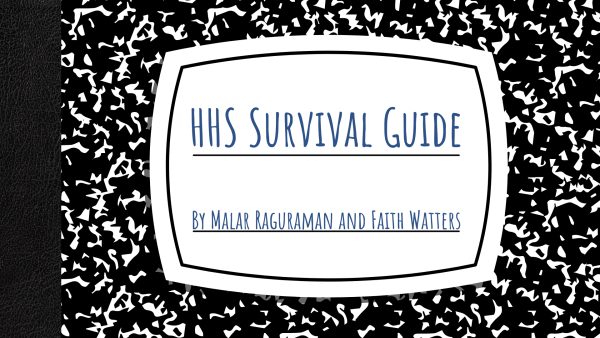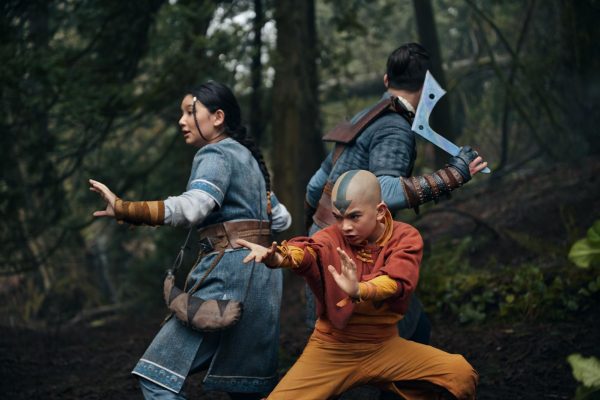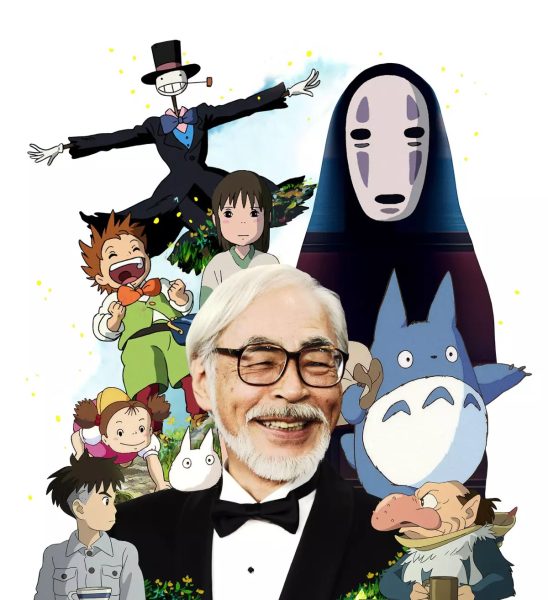A significant strike
Writers Guild of America gathers to revise their work
Cheers from the audience erupt as people cry, laugh and are fully immersed in a silver screen story. In cinema, actors are treated like gods, especially due to today’s media idolizing every one of their actions. However, their fame comes from background writers – the real reason why actors relish their stardom.

The Writers Guild of America is a labor union whose major goal is to band screenwriters together and represent their content, according to The Writers Guild of America West. There are a myriad of reasons for Hollywood writers to walk out of their jobs due to reconstructions to the film industry, mistreatment and unfair payment.
Similar instances paved the way for the strike that began on May 2. In 2007, the film industry was shut down for 100 days, according to The New York Times. However, it has been 15 years since the last strike, and the film industry has had some core changes to its agenda, such as streaming services being used more than on-air television and the lack of attendance in movie theaters.
Industry reconstructions are a large reason why the walkout is happening. There are fewer people watching movies and more individuals interested in shorter media on streaming services, like Netflix or Amazon. Movie-theater attendance has dropped and film series are more prioritized, according to The Atlantic.
Additionally, writers are faced with mistreatment. Studios have been hiring small groups of writers for shows that have not been approved by studios, and putting them in informal writers’ rooms. These rooms are sometimes the size of a large closet, and therefore, studios can pay those writers less, according to The New York Times.
Without writers to create scripts, directors, actors and other workers in the industry will struggle to maintain business. Writers support the film industry and hold great significance in media production because they write the scripts, and should be paid more.
Residual pay, which writers receive when their reruns are shown are TV, is another issue these writers are facing. Reruns do not exist on streaming services, so they are not paid royalties for their work. Before the streaming explosion, writers would receive payment when a show was licensed. They would then receive a salary during international deals and DVD sales. However, Netflix and Amazon don’t always license their series, resulting in less residual pay.
Royalties for streamed media are not the only obstacles in this new era of Hollywood. Streaming services are hurting certain writers because they are modeled differently than traditional TV shows. For example, modern-day shows have six to 12 episodes in a single season, but 10 years ago, the average number was 20. The new 12-episode seasons hurt the working conditions of writers because there is less content and therefore less showtime, resulting in less work for writers.
A popular streaming service show that is a part of the smaller style series is Queen Charlotte: A Bridgerton Story, on Netflix, totaling six episodes. Throughout the season, many topics were displayed and many characters were introduced, but the storyline still felt rushed. If writers were given more episodes to fully flesh out the plot, there would be more time to understand the characters and their motives better.
Understandably, writers want to be paid for the hard work they put into their craft. However, the strike affects more than just the studios they are fighting. Writers are fighting for their rights in a modern economy and unjust industry.
Anderson is a sophomore who is excited to practice her journalistic writing on The Epitaph. She wants to further her skills and write interesting articles...















